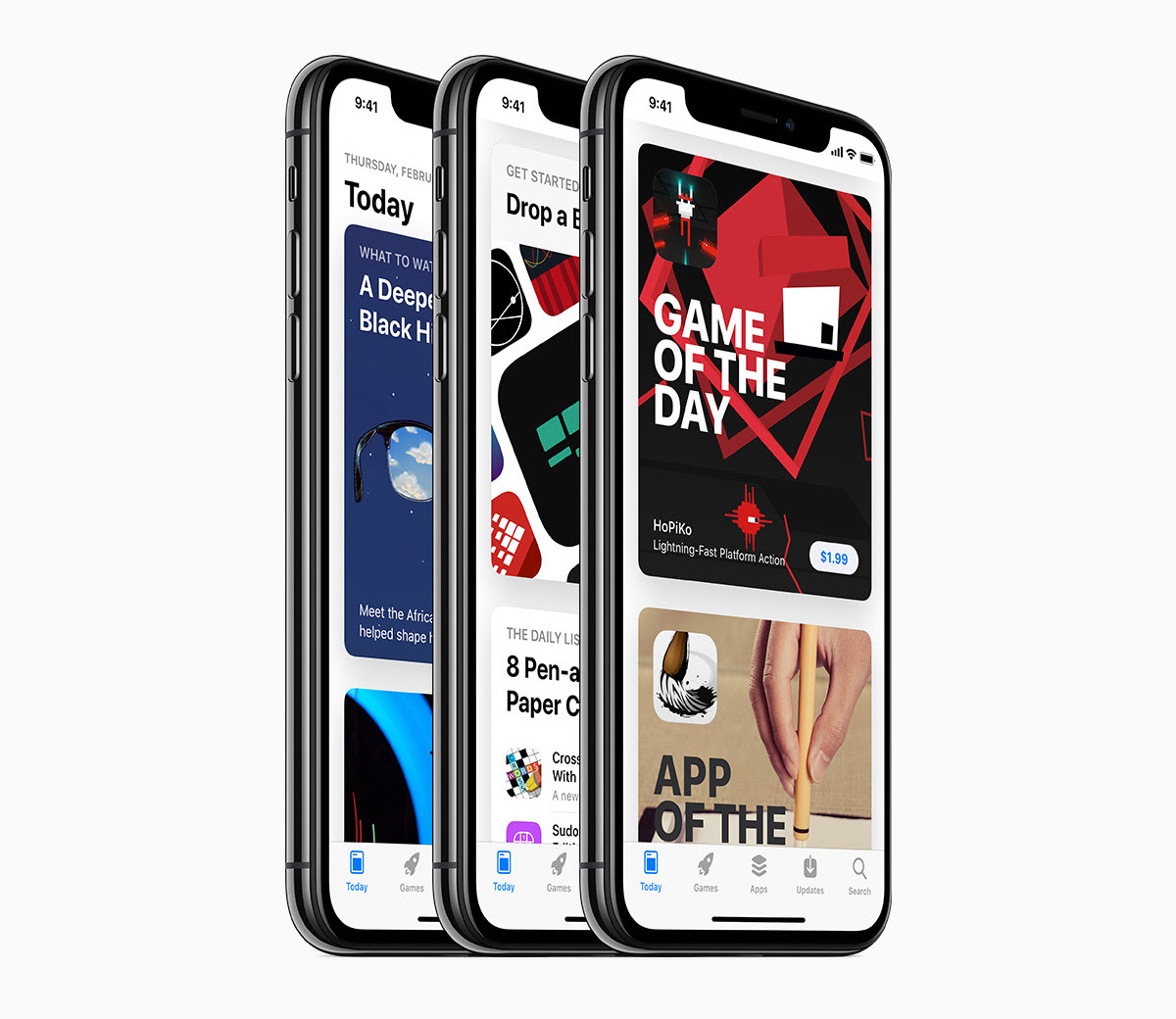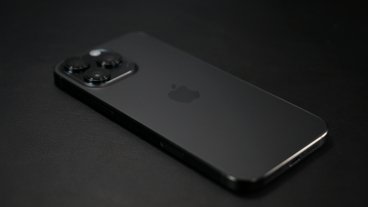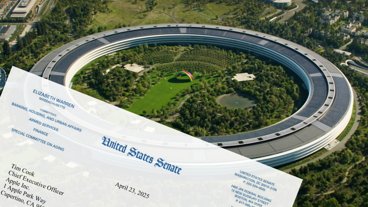The U.S. Supreme Court on Monday voted 5 to 4 to allow an antitrust lawsuit against Apple to proceed, one accusing the company of maintaining a monopoly on iOS apps via the App Store.
The ruling, with an opinion authored by Justice Brett Kavanaugh, relates to a 2011 case arguing that with the App Store being the only sanctioned place for iOS downloads, that's led to artificially inflated prices. The company claims a 30 percent cut from most transactions, shrinking to 15 percent only for subscriptions active for over a year.
The case, Apple v. Pepper, was actually dismissed in 2013 by a California court, but the Court of Appeals for the Ninth Circuit allowed it to return in 2017. Apple's pushback brought the matter to the Supreme Court, though only to decide whether the case can continue, not its final outcome.
Apple has argued that developers are the ones who set prices, and that it's not in violation of any antitrust laws. It has moreover claimed that by paying its commission, developers are "buying a package of services which include distribution and software and intellectual property and testing."
The Justice Department filed an amicus in support of the company, but that wasn't enough to sway the court.
In an earlier hearing, Justices Stephen Breyer, Elena Kagan, and Sonia Sotomayor questioned Apple's reference to the Illinois Brick doctrine, relating to direct versus indirect purchasers. From their perspective people on the App Store are "engaged in a one-step transaction with Apple," said Kagan.
Pro-Apple Justices included Samuel Alito and Neil Gorsuch, both of whom hinted that Illinois Brick should be re-examined. Alito pointed out that "tens of thousands" of app developers have yet to launch antitrust actions.
Apple has frequently faced criticism for its tight control of iOS apps, however. That may be coming to a head not just through Apple v. Pepper, but a European Commission investigation sparked by Spotify. The Swedish streamer's main complaint is that Apple Music enjoys an unfair advantage since it's not only integrated across Apple devices, but exempt from any commission. Spotify did at one point offer in-app Premium subscriptions, but at a higher price than via the Web as a way of compensating for Apple's take. It ultimately dropped the in-app option.
Should Apple lose the case it might be forced not just to allow third-party app stores, but to pay up to triple in damages as a deterrent.
 Roger Fingas
Roger Fingas







-m.jpg)






 Wesley Hilliard
Wesley Hilliard

 Christine McKee
Christine McKee
 Malcolm Owen
Malcolm Owen
 William Gallagher
William Gallagher
 Andrew Orr
Andrew Orr






-m.jpg)




86 Comments
The problem is not with just Apple Store, but censorship. It is not Appe's business what applications should be allowed to run on device (except those that violate some local laws). We purchase that device to own it - not to lease it under strict contract. They can restrict apps on Apple Store, but then do not restrict people from haveing alternative stores. Disclaimers can be in place. I think this backfire of foolish concept of holding manufacturer liable for actions and abuse of others. So California uses that wicked logic and needs to continue along this narrative while it should verify it's foundations in the first place. Any tool in wrong hands could be misused, abused and used for illegal intent as well. No manufacturer should be liable in those cases.
This should put the case to rest once a ruling comes down. Certainty is always good. However there are other jurisdictions besides the US where a different ruling may come down. One option Apple has, if they lose in any jurisdiction, is to remove the App Store (the original iPhone didn't have an app store). Another option is to stop selling the iPhone in that jurisdiction. And of course a third option is to allow, for example, a Google App Store on iOS in that jurisdiction. Surely no court can force Apple to sell an iPhone or to have an app store at all.
Clear waste of taxpayer dollars letting this proceed. There are alternatives to iPhones and the App Store. Ridiculous.